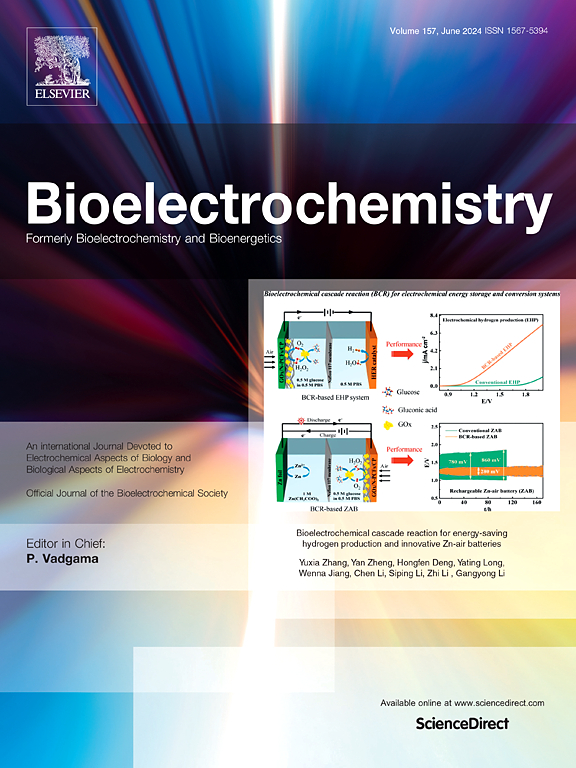Prenatal stress induces transient developmental alterations in distinct GABAergic populations and leads to long-lasting behavioral abnormalities
IF 3.6
2区 医学
Q1 NEUROSCIENCES
引用次数: 0
Abstract
Prenatal stress (PNS) is a well-established risk factor for psychiatric disorders, yet the underlying neurobiological mechanisms remain unclear. Here, we demonstrate that PNS induces long-term behavioral abnormalities, including increased anxiety- and depressive-like behaviors specifically in adult male mice. To investigate potential neurodevelopmental disruptions, we analyzed the medial prefrontal cortex (mPFC) at key postnatal stages. RNA sequencing at postnatal day 1 (P1) revealed significant transcriptional changes, particularly in genes associated with neuronal migration and differentiation, with a diminished effect by P14. Histological analysis identified a transient imbalance in inhibitory neuron subpopulations, PNS decreased the density of early-born neurons derived from the medial ganglionic eminence (MGE) while increasing late-born neurons derived from the caudal ganglionic eminence (CGE) at P1. EdU labeling confirmed that these shifts were time- and subtype-specific, affecting inhibitory neuron proliferation at distinct embryonic stages. By P15, these neuroanatomical alterations largely resolved, yet behavioral abnormalities persisted into adulthood. Our findings suggest that PNS disrupts inhibitory neuron development during a critical early window, leading to lasting behavioral consequences despite the transient nature of anatomical changes. This study highlights the selective vulnerability of inhibitory neuron subtypes to early-life stress and provides insight into potential mechanisms underlying stress-related psychiatric disorders.
产前应激在不同gaba能人群中引起短暂的发育改变,并导致长期的行为异常
产前应激(PNS)是一个公认的精神疾病风险因素,但其潜在的神经生物学机制尚不清楚。在这里,我们证明PNS诱导长期行为异常,包括增加焦虑和抑郁样行为,特别是在成年雄性小鼠中。为了研究潜在的神经发育障碍,我们分析了出生后关键阶段的内侧前额叶皮层(mPFC)。出生后第1天(P1)的RNA测序显示了显著的转录变化,特别是与神经元迁移和分化相关的基因,P14的影响减弱。组织学分析证实了抑制性神经元亚群的一过性失衡,PNS降低了内侧神经节隆起(MGE)的早生神经元密度,而增加了P1时尾神经节隆起(CGE)的晚生神经元密度。EdU标记证实这些变化是时间和亚型特异性的,影响不同胚胎阶段的抑制性神经元增殖。到了P15,这些神经解剖学上的改变在很大程度上得到了解决,但行为异常会持续到成年期。我们的研究结果表明,PNS在关键的早期窗口期破坏抑制性神经元的发育,导致持久的行为后果,尽管解剖变化是短暂的。这项研究强调了抑制神经元亚型对早期生活压力的选择性脆弱性,并为压力相关精神疾病的潜在机制提供了见解。
本文章由计算机程序翻译,如有差异,请以英文原文为准。
求助全文
约1分钟内获得全文
求助全文
来源期刊

Neurobiology of Stress
Biochemistry, Genetics and Molecular Biology-Biochemistry
CiteScore
9.40
自引率
4.00%
发文量
74
审稿时长
48 days
期刊介绍:
Neurobiology of Stress is a multidisciplinary journal for the publication of original research and review articles on basic, translational and clinical research into stress and related disorders. It will focus on the impact of stress on the brain from cellular to behavioral functions and stress-related neuropsychiatric disorders (such as depression, trauma and anxiety). The translation of basic research findings into real-world applications will be a key aim of the journal.
Basic, translational and clinical research on the following topics as they relate to stress will be covered:
Molecular substrates and cell signaling,
Genetics and epigenetics,
Stress circuitry,
Structural and physiological plasticity,
Developmental Aspects,
Laboratory models of stress,
Neuroinflammation and pathology,
Memory and Cognition,
Motivational Processes,
Fear and Anxiety,
Stress-related neuropsychiatric disorders (including depression, PTSD, substance abuse),
Neuropsychopharmacology.
 求助内容:
求助内容: 应助结果提醒方式:
应助结果提醒方式:


